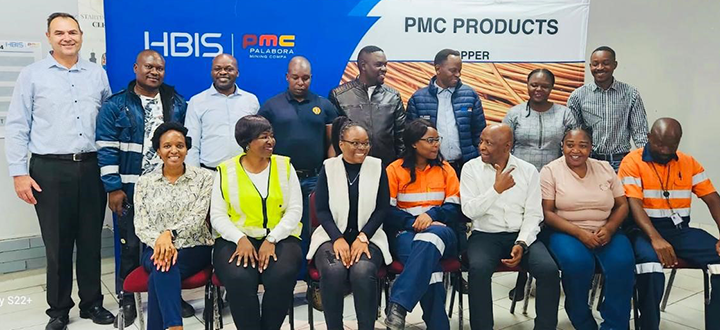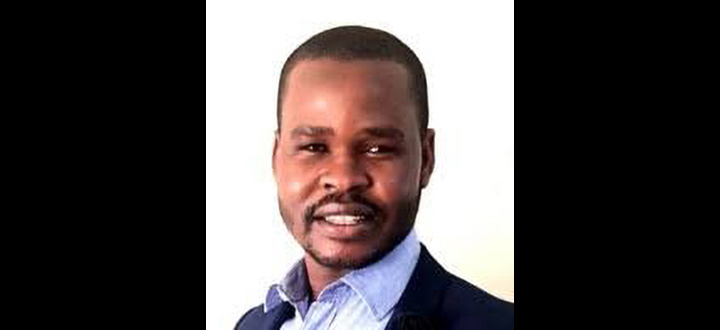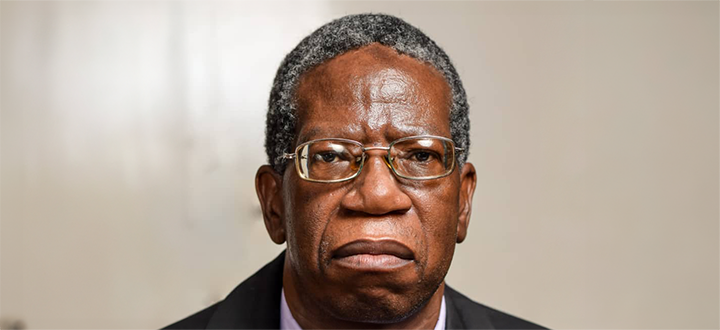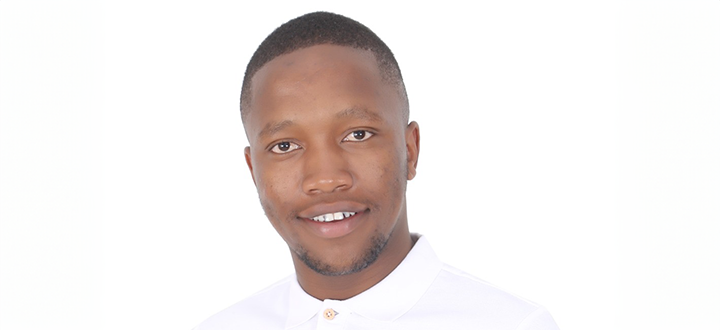Leading change
Transformation stagnant across universities
“We need an urgent overhaul of our institutional culture to promote inclusivity, anti-racism and ethical governance. And perhaps most importantly in the present crisis of higher education, we must face head-on the challenge of student funding and the allocation of financial resources within the university’’ said Prof Mandla Makhanya, Principal and Vice-Chancellor of Unisa. He was speaking during a Leading Change seminar on transformation at the university on 22 February 2017.

The seminar comes against the backdrop of a damning report released by the South African Human Rights Commission (SAHRC) on the transformation of public universities in South Africa. The report paints a bleak picture about the state of transformation across all universities.
The report notes that more than 20 years into a democracy, South Africa continues to face deeply entrenched inequalities in all spheres of our society, including public universities. It argues that despite notable progress made in addressing historical inequalities in public universities, patterns of systemic exclusion, marginalisation and discrimination persist.
The Vice-Chancellor said the report clearly shows that universities are faced with serious challenges and that they can no longer negate their responsibilities as role-players in advancing transformation. He said Unisa would devise mechanisms and align all existing policies in order to speed up transformation and achieve its targets. “We also need to respond to recommendations in the report related to curriculum and pedagogical transformation in terms of academic and social justice, as well as graduateness in the context of a developing economy.’’
In its findings, the SAHRC report laments that universities have not sufficiently transformed in the past 20 years and that discrimination remains prevalent in public universities in South Africa, particularly on the grounds of race, gender, disability, and socio-economic class.
It also finds that, despite the relative gains, transformation in the higher education sector has been relatively slow. The report also noted a number of issues, chief amongst them including the following:
- The lack of a uniform understanding of what transformation means
- The lack of institutional will to transform university cultures in some universities
- Poor integration of the transformation project at all levels of institutional life
- The persisting disparities between racial groups inherited from our Apartheid past, as well as the persisting disparities between former white and former black universities
- The lack of commitment to multilingualism in institutions of higher learning, as well as the lack of real commitment to the development of indigenous languages as academic and scientific languages that can be used as mediums of instruction
- The insufficient attention being paid to the role of sport in the transformation agenda
- The slow progress in changing student demographics in some universities and the failure of some universities to diversify the student demographics on its campuses
The Vice-Chancellor declared a theme for 2017, titled Transforming Unisa: Academic and social justice for development, as a framework for the leading change initiative, which is his brainchild aimed at embracing change and tackling transformation.
Dr Malekutu Bopape, Change Management Unit, said the SAHRC report is a significant record of the systemic challenges that hinder the attainment of substantive transformation and therefore constitutes an important tool for assessing progress.
Bopape, however, added that the report is not without shortfall. He said the report is lacking in certain aspects. “It does not address current challenges in the transformation agenda occasioned by the #FeesMustFall movement and the centrality of curriculum and knowledge transformation in substantively transforming the universities has not been fully acknowledged by the report.”
He said transformation is a complex process that includes equity of access, opportunities and outcomes. He said to effect transformation at Unisa will require a vigorous assessment from the top echelon right to lower level structures.
“The structural design of governance and management mechanisms that entrench unequal power relations must be reviewed, with special attention to university executives, statutory bodies, councils, senates, institutional forums, and student representative councils,” he said.
Prof Gugu Moche, Vice-Principal of Teaching, Learning, Community Engagement, and Student Support, said it is regrettable that discourse about transformation had to be triggered by a report from external institution. She said discussion about transformation has to be an academic imperative and that must be a central point.
She said lack of a uniform understanding of what transformation means in an academic sector is problematic and it makes it difficult to speed up the wheels of transformation.
Moche argued that transformation could not happen for its own sake but it had to be be based on particular context. She said Unisa’s vision of being the African university in service of humanity underscored a context upon which the university had to approach transformation. She added that curriculum transformation was also critical.
“Curricula cannot remain unchanged without regard to changing contexts, different student populations, and advances in knowledge. “she said
The report also tabled a number of recommendations, which include holding of debates and dialogues around teaching and learning methods and developing human resources policies that prioritise the recruitment of previously disadvantaged persons, particularly academics and leaders in senior posts.
*By Percy Mthombeni
Publish date: 2017-02-28 00:00:00.0


 Unisa honours Dr OK Matsepe's enduring legacy
Unisa honours Dr OK Matsepe's enduring legacy
 Great strides towards concretising Unisa-PMC partnership
Great strides towards concretising Unisa-PMC partnership
 Mental health among men in the workplace needs more attention
Mental health among men in the workplace needs more attention
 "I owe everything to Unisa and my late supervisor's priceless mentoring"
"I owe everything to Unisa and my late supervisor's priceless mentoring"
 Majikijela - a queer scholar raising homosexuality awareness through his work
Majikijela - a queer scholar raising homosexuality awareness through his work